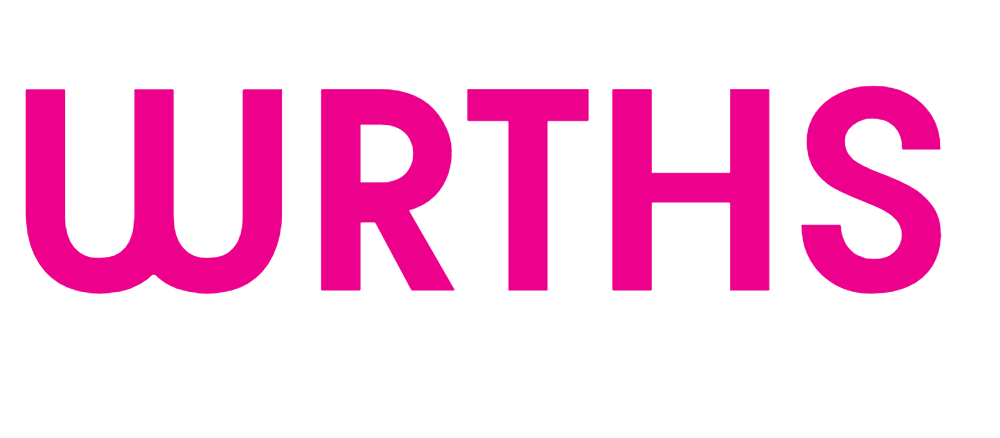Influencer ad disclosure violations, like Kim Kardashian’s recent crypto post, highlight the importance of transparency. The FTC mandates clear, conspicuous disclosure of paid content to prevent deception. Many influencers and brands fail to comply, risking hefty fines, lawsuits, and reputational damage. Platforms are cracking down more aggressively, emphasizing the need for proper disclosures. If you want to understand how to avoid these pitfalls and stay compliant, keep exploring what the regulations require.
Key Takeaways
- Kim Kardashian paid a $1.26 million fine for undisclosed crypto endorsements, highlighting severe penalties for nondisclosure.
- The FTC enforces strict disclosure rules, requiring clear, conspicuous identification of paid or material connections.
- Many influencers fail to comply, with only around 11% properly disclosing sponsored content, risking legal action.
- The FTC and NAD actively monitor influencer marketing, penalizing violations to protect consumer trust.
- Non-compliance can result in hefty fines, reputational damage, and class action lawsuits against influencers and brands.

Influencer ad disclosure violations are a growing concern as regulatory agencies like the FTC crack down on transparency in social media marketing. You need to understand that the FTC enforces strict rules requiring influencers to clearly and conspicuously disclose paid partnerships, whether through phrases like “Sponsored,” “#Ad,” or “Paid partnership with [Brand].” These disclosures aren’t optional—they’re mandatory to guarantee consumers aren’t misled. Failure to comply can lead to civil penalties of up to $53,088 per violation as of 2025, with fines adjusted annually for inflation. Platforms like Instagram, TikTok, and YouTube have specific rules and tools that influencers must follow to remain compliant, emphasizing the importance of transparency about material connections—whether payments, free products, affiliate links, or business ties.
Despite these clear guidelines, only about 11% of influencers properly disclose sponsored content, even though around 63% are aware of the rules. This gap highlights a widespread lack of compliance and understanding in the industry. Influencers face fines up to approximately $40,000 per violation for non-disclosure, and consumers clearly expect transparency. About 81% believe brands should ensure influencers disclose sponsorships clearly, while 78% prefer disclosures to be prominent and straightforward, using terms like “Ad” or “Sponsored.” Marketers also agree—around 89% think platforms should more actively enforce disclosure rules to protect consumers and uphold fair advertising practices.
Most influencers are aware of disclosure rules but only 11% properly disclose sponsored content, risking fines and reputational damage.
The financial and legal risks of non-compliance are significant. High-profile fines, such as Kim Kardashian’s $1.26 million penalty for undisclosed crypto endorsements, underscore the potential consequences. When influencers or brands fail to disclose paid promotions, they risk not only hefty fines but also reputational damage and loss of consumer trust. As regulatory scrutiny intensifies, class action lawsuits targeting nondisclosure are on the rise. Recent cases seek damages in the tens or hundreds of millions, claiming that consumers were misled into purchasing products based on perceived genuine endorsements that were actually paid promotions. Proactive compliance can help mitigate these risks and ensure brands remain within legal boundaries.
The National Advertising Division (NAD) actively investigates and resolves disputes around influencer disclosures. Many cases are settled with advertisers voluntarily stopping misleading claims, but some result in formal decisions. NAD’s monitoring efforts focus heavily on health-related influencer marketing, where the stakes are even higher due to potential health claims and efficacy assertions. Overall, regulators are increasingly vigilant, and the industry must prioritize transparency to avoid costly penalties, legal disputes, and consumer backlash. Staying compliant isn’t just about following rules—it’s about maintaining credibility and trust in your brand or personal influencer career.
Frequently Asked Questions
How Do Influencers Avoid Disclosure Violations Intentionally or Unintentionally?
You might avoid disclosure violations by intentionally hiding sponsored content with vague hashtags or inconsistent placements. Unintentionally, you could overlook clear verbal disclosures or misunderstand what counts as a material connection. Technical issues, like platform limits or relying solely on native tags, can also cause violations. To stay compliant, always use clear, conspicuous disclosures, place them prominently, and understand platform-specific rules to protect your reputation and avoid penalties.
What Are the Penalties for Violating Ad Disclosure Regulations?
You might think penalties are just small fines, but the truth is, they’re hefty—up to $53,088 per violation in 2025. That’s right, each missed or vague disclosure can cost you thousands, potentially adding up fast. The FTC doesn’t mess around, and high-profile cases like Kim Kardashian’s show how serious they are. So, if you overlook clear disclosures, you risk massive fines and legal trouble that could ruin your reputation.
How Can Brands Ensure Influencer Compliance With Advertising Laws?
You can guarantee influencer compliance with advertising laws by establishing clear contractual agreements that specify disclosure requirements and providing training on FTC guidelines. Regularly monitor influencer content using manual reviews or AI tools, and utilize platform-specific disclosure features. Stay updated on regulatory changes and enforce consequences for non-compliance. By maintaining ongoing oversight, documentation, and education, you help prevent violations and keep your campaigns transparent and compliant.
Are Disclosure Rules Different Across Social Media Platforms?
You might wonder if disclosure rules vary across social media platforms. They do, with each platform having specific requirements—like Instagram needing disclosures in captions and visible tags, TikTok and YouTube requiring text overlays and spoken disclaimers, and podcasts needing verbal notices. Despite differences, the FTC insists on clear, conspicuous disclosures everywhere, emphasizing transparency regardless of platform or post type. So, always check each platform’s rules to stay compliant.
What Role Does Consumer Awareness Play in Enforcement Actions?
Imagine consumer awareness as a lighthouse guiding regulatory ships through foggy waters. Your vigilance shines a spotlight on undisclosed endorsements, fueling investigations and prompting enforcement actions. When you report suspicious posts, you become a beacon for the FTC, illuminating patterns of misconduct. Your knowledge and skepticism push influencers and brands to prioritize transparency, ultimately reinforcing industry standards and deterring future violations, creating a safer, more trustworthy social media landscape for everyone.
Conclusion
As you navigate the world of influencer marketing, remember that transparency is your guiding star. Just like a lighthouse guiding ships safely home, clear disclosures keep your audience trusting you. Violating ad rules isn’t just a misstep; it’s a sinking ship that can damage your reputation and invite hefty penalties. Stay honest and open—because in the sea of social media, integrity is your safest anchor, steering you clear of stormy legal waters.










